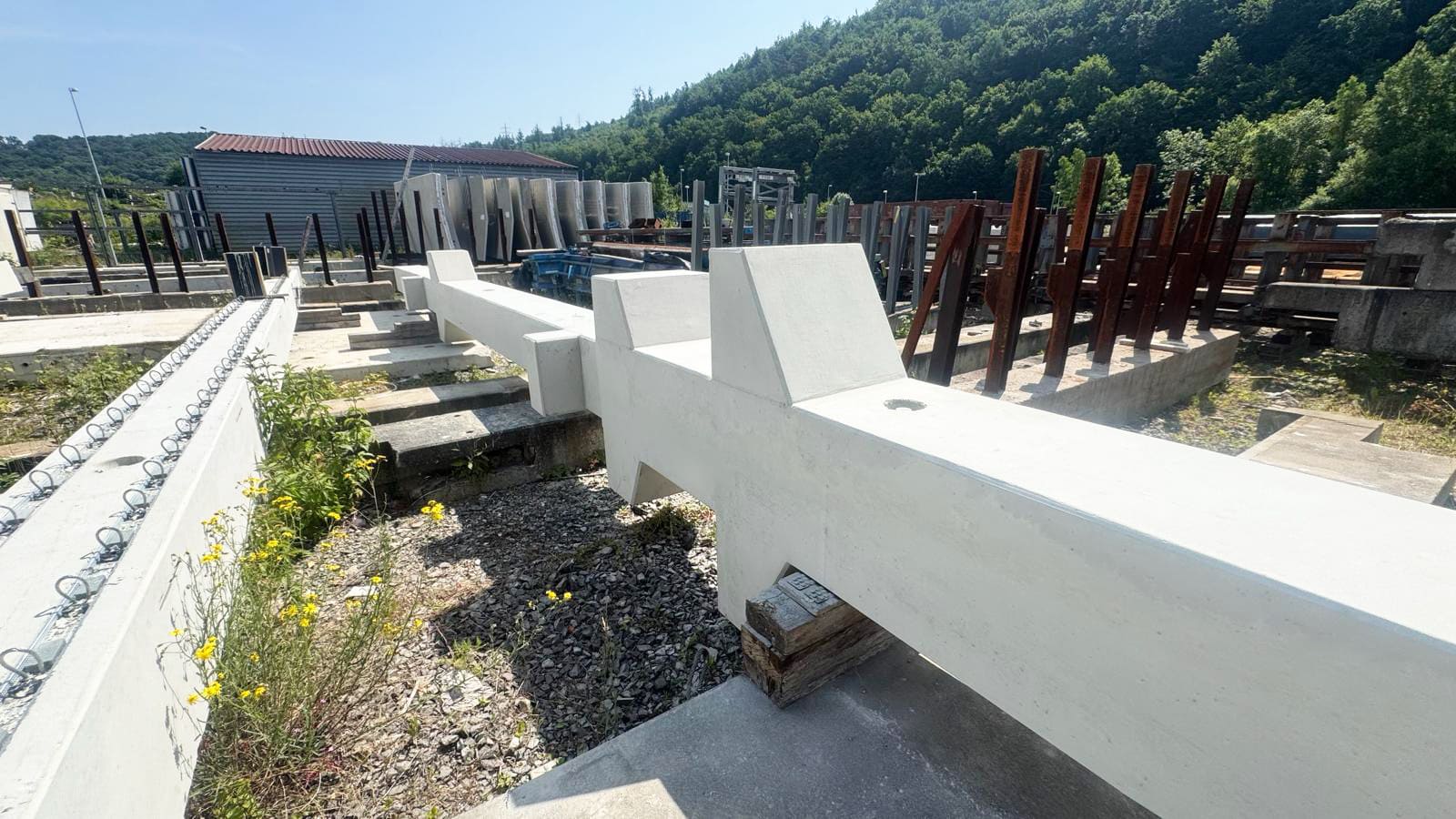Quality control is a critical aspect of any manufacturing process and, in the precast industry, is the backbone of ensuring safety, structural integrity, and customer satisfaction. As we navigate the complexities of precast concrete products, we realize that implementing effective quality control measures not only minimizes defects but also reinforces our commitment to excellence. For example, in Moldtech’s state-of-the-art precast concrete plants, advanced material control, precise batching systems, and built-in inspection booths integrate quality control at every step of production, ensuring a consistently high level.
Fundamentals and Importance
Quality control, in the context of the precast industry, refers to the systematic processes and activities designed to ensure that products meet specified requirements and standards. This includes rigorous inspections and testing throughout the entire production process. In our experience, effective quality control has significantly reduced defects, enabling us to deliver consistently high-quality products. Whether we manufacture beams, columns, or panels, maintaining strict quality control not only improves our operational efficiency but also instills confidence in our customers.
Key Components of Quality Control Processes
Materials Inspection
The first step in any quality control process is the inspection of raw materials. Quality controls of materials such as concrete, steel, and aggregates are crucial to the success of production. We have learned that even small inconsistencies in materials can lead to major problems down the road, affecting everything from structural stability to aesthetic finishes. For example, in our project for a horizontal mold in Monterrey, Mexico, material quality monitoring ensured that the finished panels had a homogeneous surface finish following international standards.
Production Monitoring
Monitoring the production process is essential to ensure that specifications are met at every stage. In our operations, we have recognized that real-time monitoring systems can significantly reduce production errors. What we would do differently today is to implement more advanced technology to continuously monitor production parameters. This proactive approach allows us to detect irregularities as they occur, rather than relying solely on post-production inspections.
Final Product Testing
Once production is complete, rigorous testing of the finished products is essential. We adopt a variety of testing methods, such as load tests and dimensional checks, to ensure that our precast elements meet or exceed quality standards. Our customers often express their confidence in our products after seeing the thoroughness of our testing processes. This was especially evident in our Miami project, where automated systems were employed to streamline inspections, improving both our productivity and our quality control capabilities.
Best Practices for Implementation
Implementing effective quality control processes involves more than just setting standards; it requires ongoing commitment and strategic practices. Here are some best practices we recommend:
– Training and Education: Regular training for staff on quality control procedures ensures everyone is on the same page.
– Continuous Improvement: Establish feedback loops to assess and refine quality control processes constantly.
– Documentation: Maintain thorough records of all Quality Control activities, which aid in accountability and compliance.
The Impact of Quality Reputation
Consistent quality control practices can greatly enhance a company’s reputation in the precast industry. When customers see that a company prioritizes quality, they are more likely to return for future projects and recommend the company to others. This builds customer loyalty and establishes a lasting presence in the market.
Moving Forward with Confidence in Quality Control
In short, quality control plays a vital role in the success of the precast industry. By focusing on material inspection, production monitoring, and final product testing, we can influence not only the quality of our products but also the overall satisfaction of our customers. If you want to improve your quality control measures, we are here to help. Our commitment to excellence and our innovative solutions can raise your production standards and ultimately lead to greater success in the precast market.




